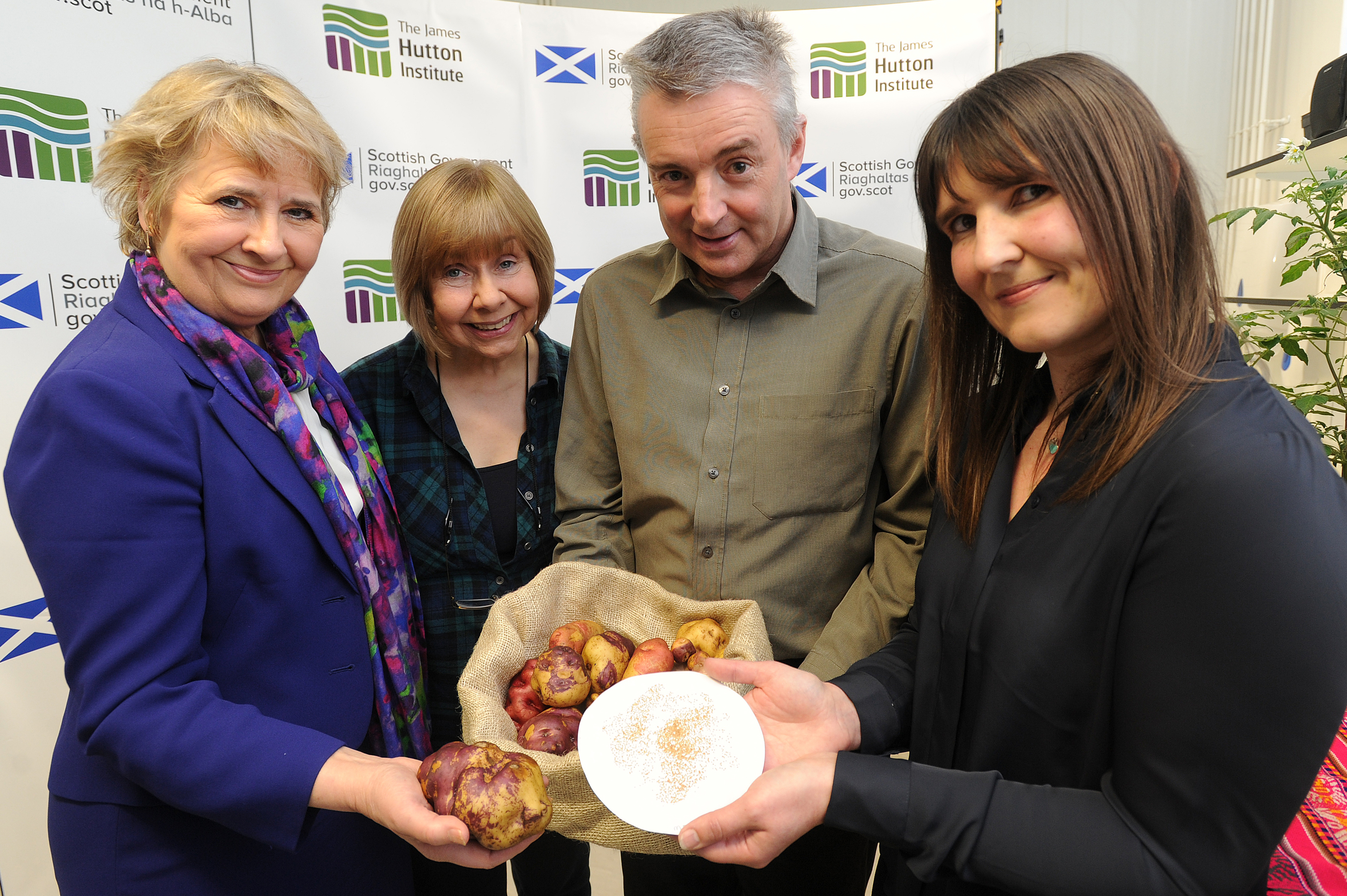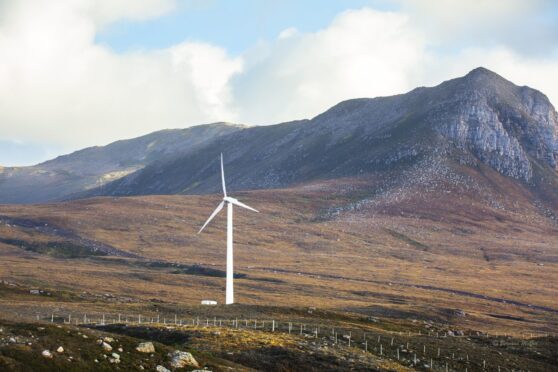Invergowrie’s James Hutton Institute has made a priceless contribution of rare potato seeds to a new global seed store in a cave on the island of Spitsbergen.
The seeds, from the Commonwealth Potato Collection (CPC) stored at the Hutton, are the first donation from any UK institute to be sent to a new Global Seed Vault at Svalbard.
The vault, deep inside a sandstone mountain, is the world’s largest collection of crop diversity. It is designed to be a fail-safe store and has been built to stand the test of time and protect invaluable genetic resources from possible future catastrophic environmental events.
The James Hutton Institute (JHI) maintains the CPC which was established in the 1930s by British botanists and collectors and is one of only seven large potato genetic banks designed to safeguard the genetic diversity of the crop.
JHI’s chief executive, Professor Colin Campbell praised the efforts of early pioneers and plant scientists for establishing the collection.
He said: “They have become even more precious, given that new predictions estimate a global population of 11 billion by 2100, and the importance of potato as a key staple food crop in many regions of the world. By consigning CPC genetic material into the Global Seed Vault, we hope to preserve these valuable genetic resources for generations to come.”
Environment Secretary Roseanna Cunningham oversaw the consignment being packed and sent to Svalbard and said it underlined the global importance of the science undertaken at JHI.
She added: “Protecting these seeds in the vault ensures that the CPC will be available for future potato breeders to cope with challenges which may arise as a result of climate change and will help maintain both Scotland’s economy and global food security.”
nnicolson@thecourier.co.uk










